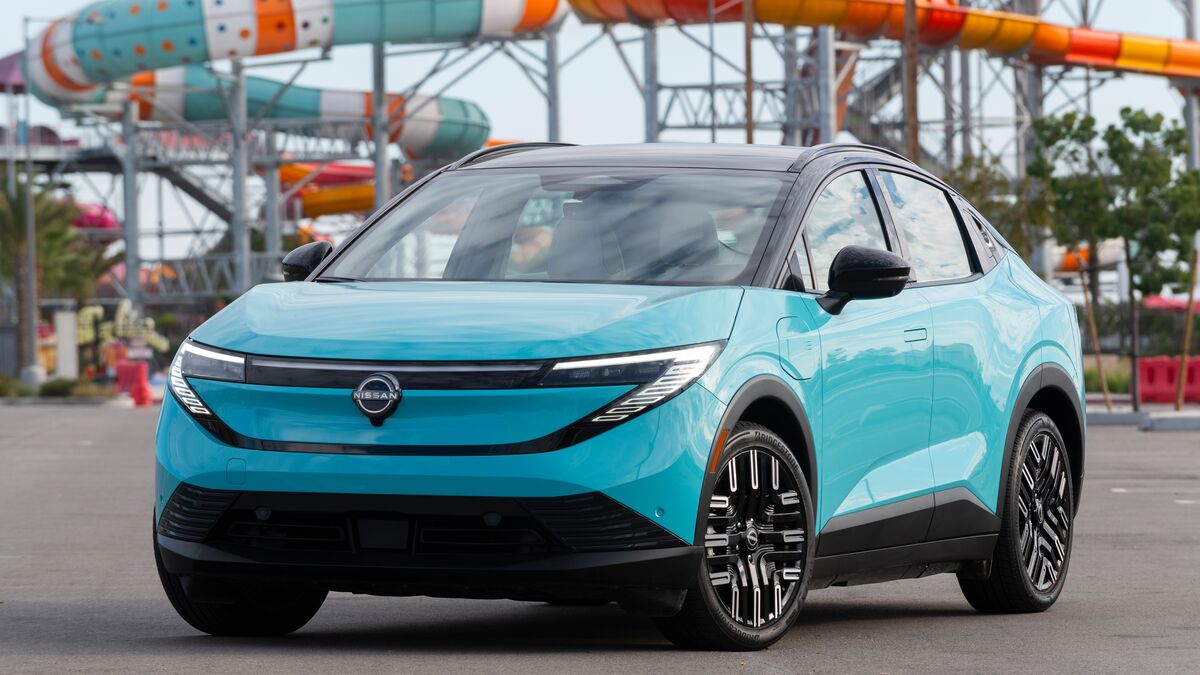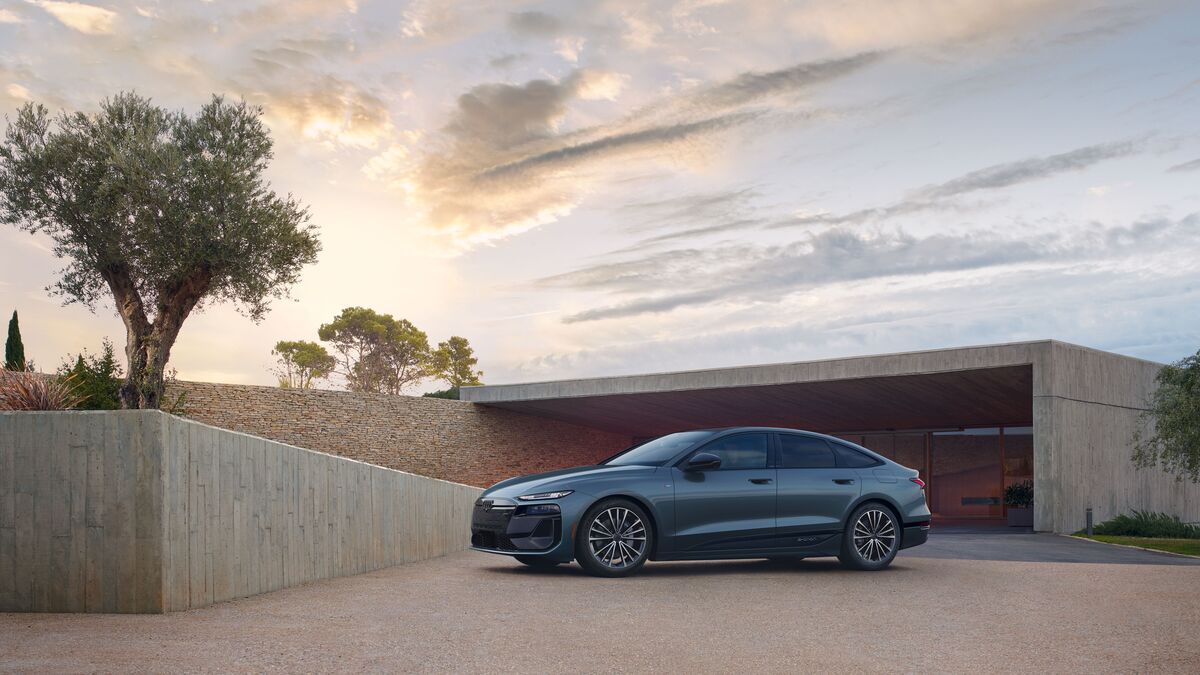Lawmakers in the House of Representatives this week introduced a bill that could end the $7,500 tax credit Americans can currently claim when buying some new electric vehicles (EVs).
The measure is likely to end up as one of hundreds of clauses in a single large bill meant to reform the nation’s tax and immigration systems. A bill can change significantly between introduction and passage, so we can’t be certain the tax credit will end. However, the measure has the support of House leadership and President Trump.
Reuters reports, “The proposal, set for a House Ways and Means Committee hearing on May 13, would repeal a $7,500 new-vehicle tax credit and a $4,000 used-vehicle credit on December 31, although it would maintain the new-vehicle credit for an additional year for automakers that have not yet sold 200,000 EVs.”
How the Credit Works Today
Today, car shoppers can use the credit as a down payment on a new EV or include it when they file their taxes after buying a new car.
Related: How Do Electric Car Tax Credits Work?
Not every buyer qualifies — certain income limits apply, depending on filing status.
Not every car qualifies. Automakers must build a certain percentage of the vehicle and its battery in the U.S. to qualify for half the credit. They must use a certain percentage of minerals from the U.S. or its major trade partners to be eligible for the other half.
Those percentages increase yearly, a measure meant to encourage automakers to build EVs and supply chains domestically.
Some Dealers Already Stopping
The law has not changed, and the proposal could fail. But some car dealers are already minimizing use of the credit. The Detroit Free Press reports that some “have held back by not offering the credit to buyers who want it up front in the form of a rebate at the point of sale.”
Dealers must apply to obtain the money from the federal government in order to accept it as a down payment. Some may be reluctant to assume they’ll be paid on time if the credit is endangered.
Others, however, say they are still actively offering the credit. An IRS spokesperson said, “taxpayers should take advantage of all lawful credits that are available to them that make economic sense for them.”
Some Credits Would Continue Into 2026 Even if Bill Passes
As currently written, the proposal would continue the credit for an additional year for automakers that have not yet sold at least 200,000 EVs. That would mean EV startups like Rivian and Lucid, as well as large automakers that have been late to the EV game, could still offer the credit into 2026.
Proposal Could Fail in the Senate
Bills supported by House leadership tend to pass the House. The Senate, however, is a tougher prospect.
There, Republicans hold a slim majority. A few defections in states that benefit from the tax credit could kill the proposal. Ironically, the states that gain the most from the EV industry tend to have Republican senators.
The automotive industry has concentrated new EV and battery factories in Republican-led states, mainly because the United Auto Workers union has limited influence there. However, that results in many “red state” senators who know that killing the tax credit could cost their constituents jobs.
Industry Concerned About Chinese Dominance
The EV industry, meanwhile, objects that ending the tax credit could cede a growing sector to China.
The plans “to abandon U.S. leadership in energy innovation by gutting federal investment in electrification are catastrophically short-sighted,” warns Genevieve Cullen, president of the Electric Drive Transportation Association.
The number of EVs sold globally is steadily increasing, while gasoline-powered cars are losing global market share. Chinese automakers now dominate the global EV trade. A move to discourage U.S. automakers from building EVs, she says, would give China “an enormous market advantage” over American automakers.








